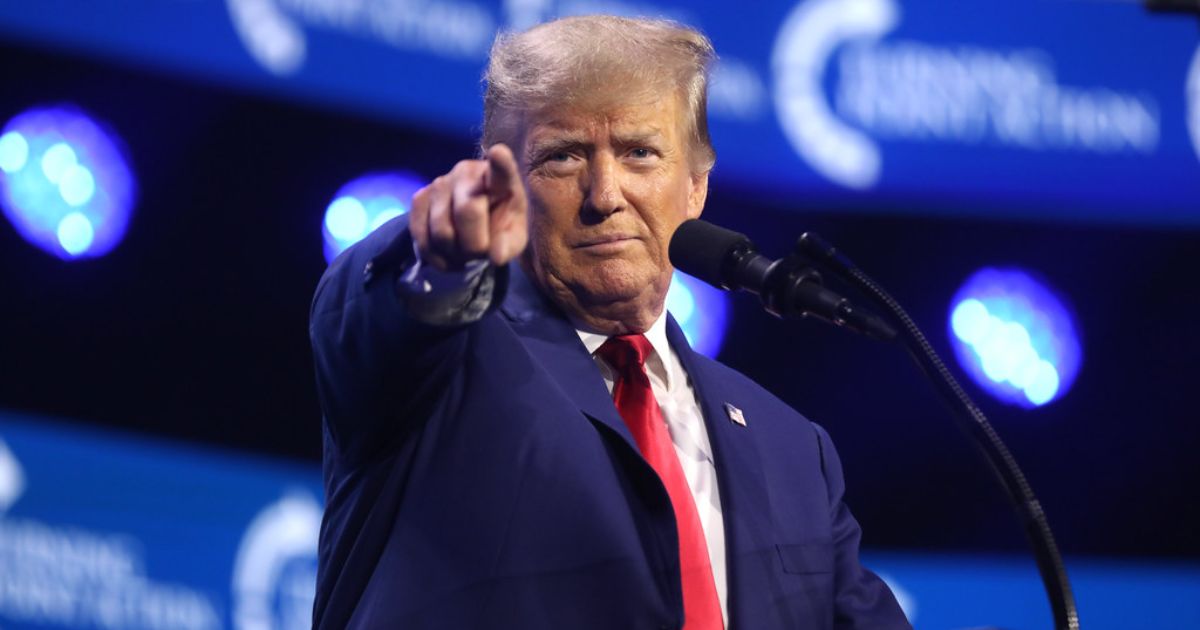Donald Trump has perhaps been the only persistent voice that has continued to discuss the alarming levels of alleged hostility going on in Chicago. Yes, we’re talking about the topic of ICE protests in the city, which, according to the current U.S. President, has threatened to endanger federal personnel and property. While the Supreme Court has already stalled Trump’s plans of deploying the National Guard in an effort to quell all the chaos, he has also been accused of wrongly exaggerating the circumstances, which are not so alarming in reality.
And recently, on Friday, the U.S. President yet again reached out to the courts on the matter, after two lower courts already rejected his plea. The 79-year-old filed an emergency appeal with the Supreme Court, while underlining that the previous verdict issued to him actually blocked his attempts to relieve Chicago from the enduring stress. Trump called the action taken by Judge April Perry an improper infringement on the president’s authority that needlessly endangered federal personnel and property.
He further attempted to make the Supreme Court believe and understand that the ICE protestors are, at the moment, totally out of control. A portion from his emergency appeal read as “The federal agents‘ efforts are met with prolonged, coordinated, violent resistance that threatens their lives and safety and systematically interferes with their ability to enforce federal law.” No further comments on the matter have been given out from the White House as Trump’s attempts at ending the protests have begun.
Separately, the White House was accused of using footage of violence from red states and presenting it as if it occurred in Chicago.
Judge April Perry had previously rejected Trump’s portrayal of the situation in Chicago. She rebuked him, stating that the federal government was wrong to equate protests and riots. She emphasized that the U.S. President failed to understand the significant difference between citizens who are peacefully observing, questioning, and criticizing their government, and those who are obstructing, assaulting, or committing violence.
Meanwhile, the panel for the 7th Circuit Court of Appeals further passed a judgement on Donald Trump’s assumptions and stated “A protest does not become a rebellion merely because the protestors advocate for myriad legal or policy changes, are well organized, call for significant changes to the structure of the U.S. government, use civil disobedience as a form of protest, or exercise their Second Amendment right to carry firearms as the law currently allows.”
On the other hand, Trump has been trying to invoke the 1827 Martin v. Mott ruling in an attempt to justify why he wishes to deploy troops in Chicago. As the courts are not really giving way for him to fulfill his plans, he has argued that, based on precedent, the courts have no authority when it comes to reviewing the president’s decision to mobilize the National Guard.
However, critics argue that there is a significant difference between deploying troops against a foreign invader and using them against American citizens exercising their First Amendment rights.









